We were lucky to catch up with Sarah Cole recently and have shared our conversation below.
Alright, Sarah thanks for taking the time to share your stories and insights with us today. Let’s kick things off with your mission – what is it and what’s the story behind why it’s your mission?
I didn’t have the best relationship with the place I grew up–a small town in the Alabama Black Belt, a third culture kid trying to find my place within a rural community. I spent most of my youth dreaming of the day I would leave. After earning my masters and making a career in the media world, I finally had a chance to leave and I did, taking the time to start fresh. I let go of my career and took some time to explore and engage with the world around me in ways that aligned with the things and spaces I enjoyed. That time away, and a global pandemic, put things into perspective for me, and after being 700+ miles away from home for 3 years, I decided to move back to the area I grew up, taking all the lessons I learned along with me. That time away allowed me to see my community in a different light. No resentment. No anger. No desire to flee. Rather, I saw that everything I had learned and all my passions could be shared with my home community in a way that was meaningful. This opportunity for me to move back was a privilege; the fact that I had a home to come back to, a community to call home and a chance to build a concept from the ground up.
When I started Abadir’s, I knew I had to do something more than just open a good restaurant in rural Alabama. It didn’t sit right with me. Also, being a high creative means I love change, and I very much enjoy doing all the things, and that is exactly what Abadir’s is–it’s a concept, an idea, and a way for me to spark change in my home region. The public mission is providing good food to the people around me, primarily those in the Alabama Black Belt, and there are many factors that go into making that possible. But I also want there to be an educational component to it as well. I want people to engage with the food I’m sharing, whether it’s through stories or just general curiosity. In short, I want to provide an opportunity for people to see and interact with food in a way that’s very different from what we’re used to here in rural Alabama. I love feeding people, but more importantly, I love engaging with people through food, and I believe that providing a space centered around food–different food that highlights the culture and stories behind it–can change the way people interact with the world around them. Food is political, and it shouldn’t be. Society has made the most basic necessity and the simplest communal tradition impossible for many people to participate in. Food insecurity, the diet culture, the “big food” industry–eating good food is more challenging than it should be. I’m very passionate about food in so many ways, and I believe that I can be a very small part of a big change that needs to occur in this country. But when the world seems too big, you have to start in your own backyard, and that’s exactly what I’m doing and I want to encourage others in this region to do as well. At this stage, I’m working to expand Abadir’s through more food-focused projects and very small-scale manufacturing all while building a multi-use food space in downtown Greensboro that will serve many purposes for this region and all the people involved.
But there’s also a personal mission behind this venture, which ties to my own heritage. Being a third culture kid means navigating this realm between two heritages, and mine are two very distinct heritages. Alabama Southern and Egyptian–I always felt more Southern since I grew up in Alabama, but I didn’t quite fit in or necessarily relate to the culture here, and I never felt truly Arab because my Southern roots were so far removed from the traditions of that culture. Food was my one connection. It was how my non-English speaking grandparents communicated with me and my sister. It was how my aunts and cousins welcomed us into their very Egyptian household during family trips to Jersey City. My best memories, my most vivid memories, center around the meals I ate. I began to worry that, if I didn’t keep that food tradition alive, I would lose my connection to my heritage, so I brought back family recipes, adding my own twists to them while still keeping with the traditions that exist behind those dishes. And when I moved back South, food felt like the most natural way for me to reconnect with my home, and for my community to connect with a different culture. It allows me to be myself, which isn’t something I felt like I could do for a long time in my native space.
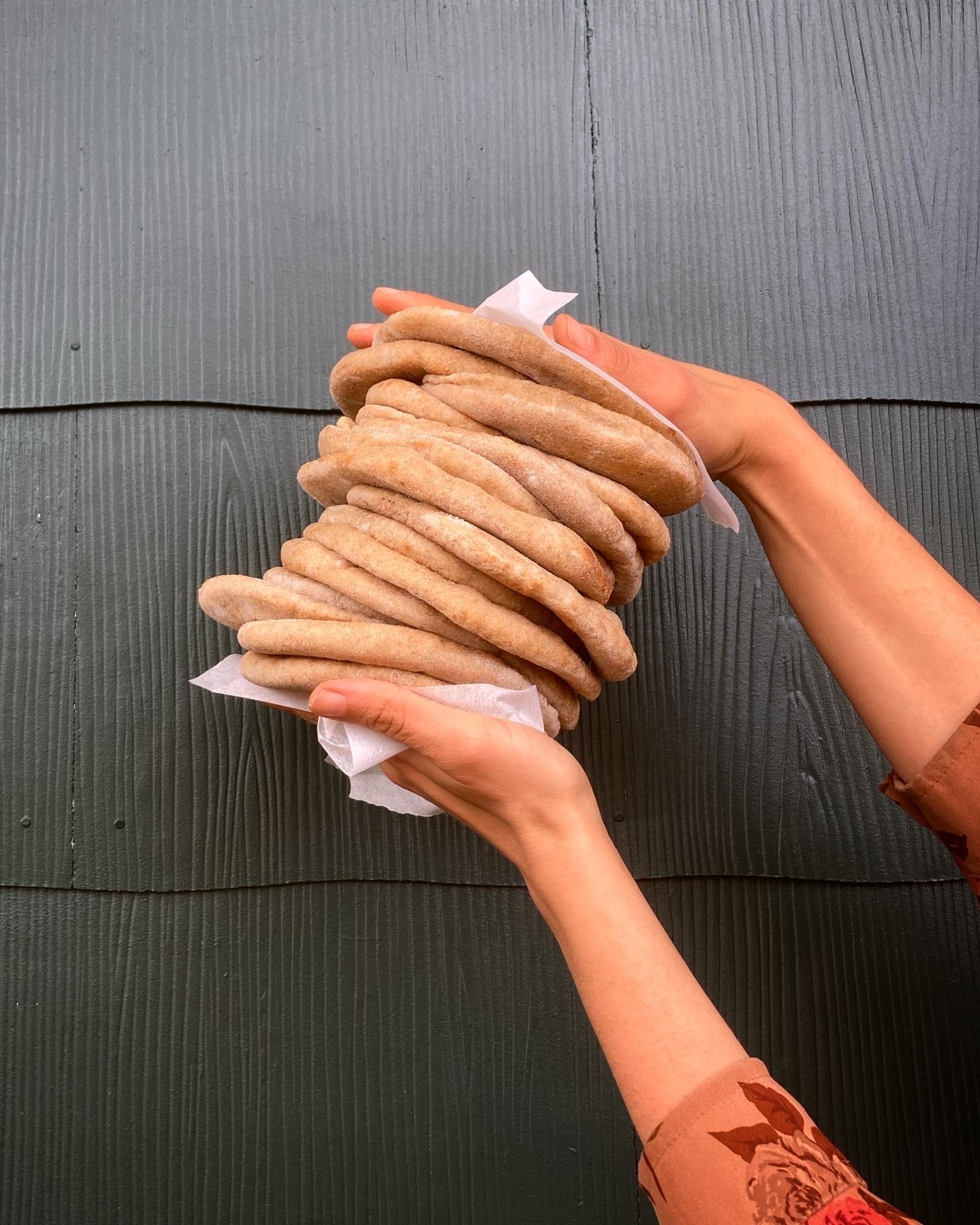
Awesome – so before we get into the rest of our questions, can you briefly introduce yourself to our readers.
I describe myself at this stage in life as a chef, educator, writer and “good food for all” advocate. I left a career in media to focus on this venture (I was a photojournalist and later the media director for a large arts facility.) I left all of that behind because it just wasn’t fulfilling for me. I reconnected to things I was always interested in, and that led me here, to where I am now. Things worked out exactly how they were supposed to. It’s funny because every job I’ve ever had, from working in restaurants to photography to media coordination to building a farmers market, it all ties into my work with Abadir’s. I am extremely passionate about food–good food–the natural world around us, and our communities and connections with others, and I want to encompass all of that in my work.
As far as the business goes, Abadir’s currently operates as a one-woman traveling eatery serving up wholesome baked goods and light fare. My foods are inspired by traditional Egyptian-Middle Eastern dishes and ingredients with little bits of Southern influence tossed in the mix. It’s a nod to my own culture. I cook seasonally and source locally and organically when I can, which isn’t always easy in rural Alabama, and making the food accessible while growing a thriving business is important as well, so I’m very mindful of that. I do grow a lot of produce myself in my own backyard garden–the Abadir’s Garden on Yarrow Stalks Farm, right on Main Street in town. I also support good, future forward farmers and producers as much as I possibly can.
During this stage of the venture, I spend time popping up at various places across Alabama including local shops and farmers markets. I also serve as a private chef for special dinners and do small event catering. In Summer 2023, I launched the Supper Series, which are communal seasonal dinners in homes and unique spaces that sometimes incorporate other elements of gathering into the mix like live music, art and film. But this is just the very early stage of Abadir’s, and all of these projects are helping me build-out a multi-use food space in downtown Greensboro.
In March 2023, we purchased a historic 1901 Victorian cottage that will allow Abadir’s to operate on a more local level by providing regular hours in town with a space that offers grab-n-go items, a “home” to sit and dine while not operating as a traditional restaurant, as well as retail options featuring locally sourced and produced food related goods. The space will also house a very homey commercial kitchen with two prep stations which will allow Abadir’s to continue operating while other chefs can use the space to pop-up or offer food service for a certain time. It’ll also provide a space for educational programming, public workshops, or community focused food initiatives to take over. Think restaurant/pop-up space/educational center/supper club space/event and meeting space/community hangout. Not all at once, of course. It’s a space that’s always changing and evolving with the people who are in it. This isn’t a new concept, but definitely a unique concept for this area.
While it is our main mission to serve good food to the community, we also want to ensure it’s accessible which is why we’re looking to serve cooler grabs that can be purchased using EBT. We’re also testing out payment options like a “pay it forward” system or always ensuring there’s a $5 meal on the menu for those on a fixed income.
I really refrain from using terms like “healthy” and “unhealthy” when we talk about food. I say we feed people good food because good food is different for everyone. We all have different dietary needs or limitations, and our own cultural identity plays a big part in what we consider food. Good food just meals real, whole foods cooked with taste and tradition in mind.
I want Abadir’s to stay true to its mission, which is why I’m intentional about every step I take. And I also want it to be a representation of my earth- and life-loving self. Staying true to my mission and myself are very important as we grow. Since starting, Abadir’s has received an overwhelming amount of attention and support. I’ve been featured in various national publications and podcast series. I even did an interview with Rachael Ray. This sort of attention was very unexpected, and while being in front of the camera isn’t my favorite part of the job (I’m a former photojournalist, so I like the view from behind the lens!), it’s very much appreciated and a very key part in helping spread the word about Abadir’s and its mission. It’s also a great way to help reshape the Alabama narrative.
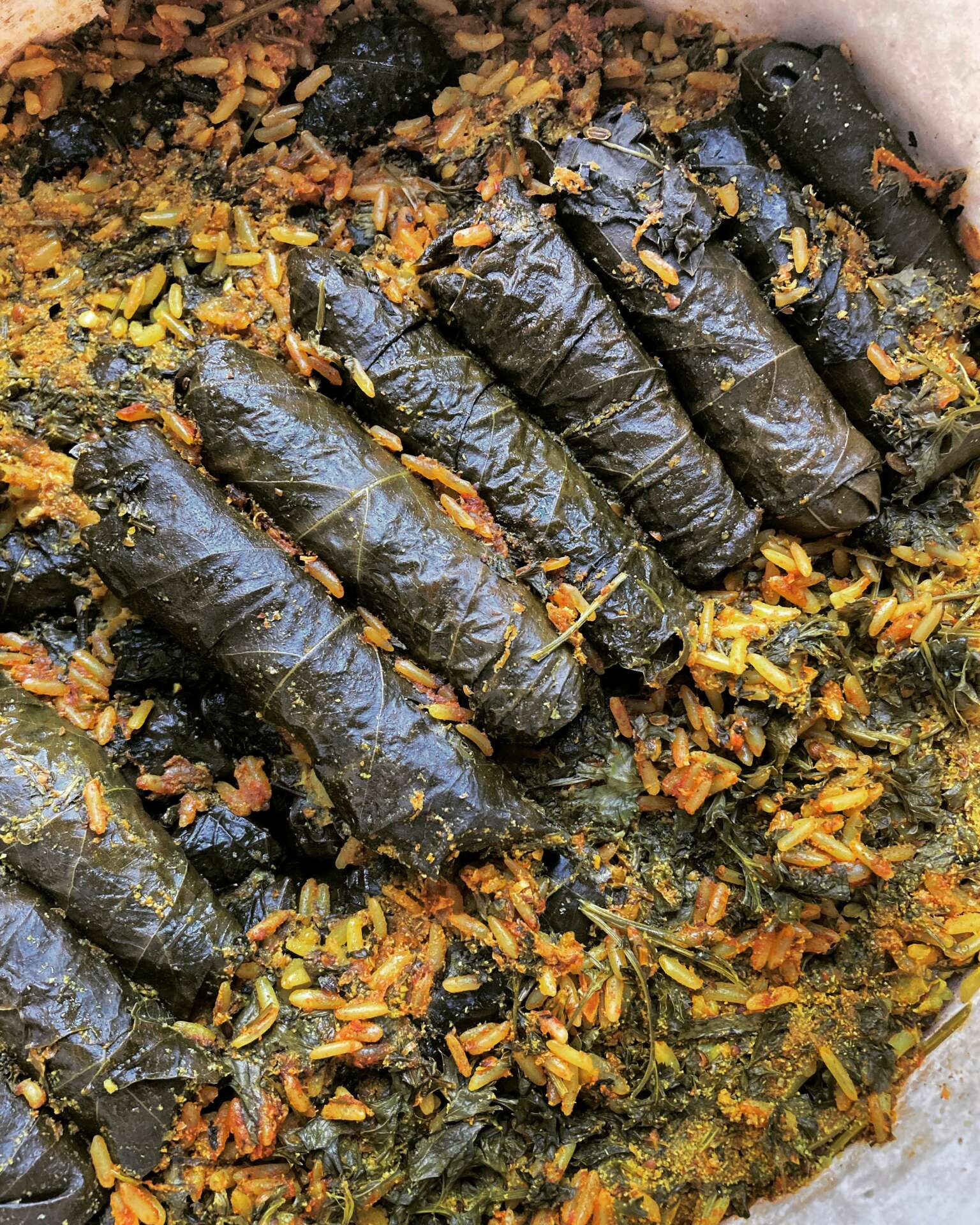
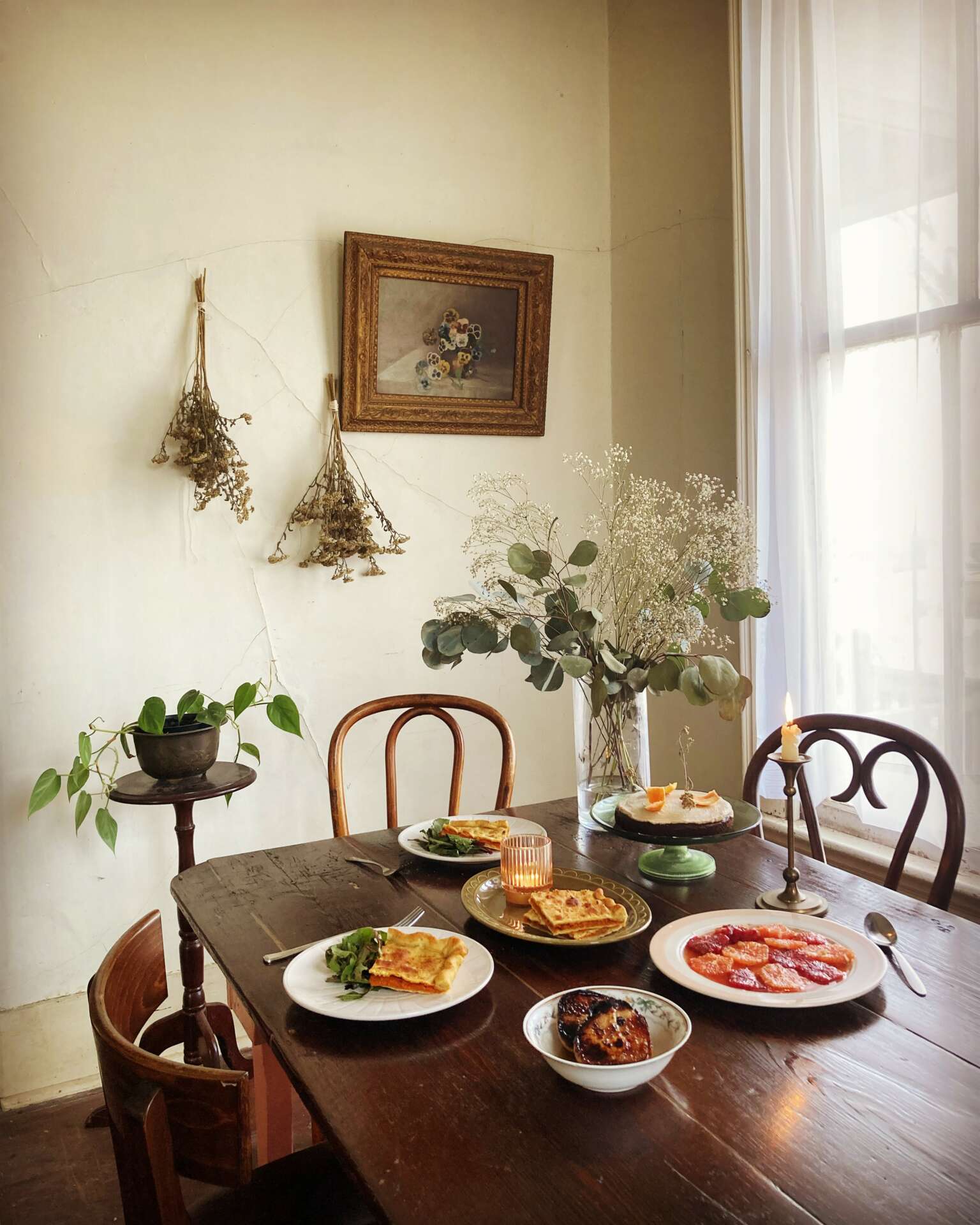
What’s a lesson you had to unlearn and what’s the backstory?
Taking time off or taking small breaks means you’re lazy. That is a toxic way of thinking about your work life and your business. This whole concept of working yourself to death isn’t feasible or healthy. I’ve always put so much pressure on myself to do everything all the time and mostly by myself. No breaks. No vacation. No time for myself. It’s even harder when you’re an entrepreneur or running your own business because the success stories tend to reinforce that “work nonstop” narrative, and if you don’t follow that flow of constant creation, then you won’t succeed. Entrepreneurs are allowed time off, and rest is vital if you’re trying to grow a business in a sustainable way. I had to learn that the hard way.
My first two years were exhausting. I pretty much burned myself out to where I had to take an entire 6 weeks off just to reset. I did pop-ups every single weekend, adding in small and large events when I could and even when I couldn’t. I once catered a meal for 101 people, cooking everything on my own! What was I thinking? And let us not forget everything else I have to do as a one-woman operation–marketing and promotion, financial tracking, networking, meetings, traveling for the pop-ups, teaching classes. After my 6-week reset, I decided to not do pop-ups every weekend, taking one week “off” each month to focus on other things that are important to the growth of the business–small educational trips, connecting with people in the food world, resting and reading, experimenting in the kitchen, writing and spending time with folks I care about. Do I still get anxious when I take that week off from a pop-up? Yes, because if I’m not selling, I’m not making money, and that’s difficult to accept. But I also realize that I’m in a much better headspace than I was during my first two years, and that makes me realize how important it is to stick with this business decision. Of course things will pivot again once we have a permanent space in my town, but until that day comes, I like the stage I’m in.
This idea of working nonstop is based on comparison. We are comparing ourselves–our journey–to others rather than keeping our own pace. Just remember that whatever you’re trying to create, it’s okay to slow down as that time and space is important for the creation process to happen. That doesn’t just apply to our creativity, but to the growth and development of a business as well. Taking a slower pace is OK, which is difficult to accept when we’re taught to move fast and to keep producing. We’re taught to believe that a slower pace means we aren’t doing enough, and if we aren’t constantly producing or creating, then we’ll soon be irrelevant. It’s hard to shift that mindset of knowing when to move fast and when to move slow, especially when you start a business. You’re constantly saying “yes” to things and just moving in all these different directions, but at a certain point, you have to know when to slow down. Of course this doesn’t apply to everyone. Some people can create good things every single day, but we can’t compare ourselves to those people and we can’t compare our growth to someone else’s.
But, there should be a shift in your growth. You start [your business] by knocking on various doors, seeing what works, what doesn’t, what needs to shift, what you need to develop more, but that doesn’t mean you have to run the entire time.
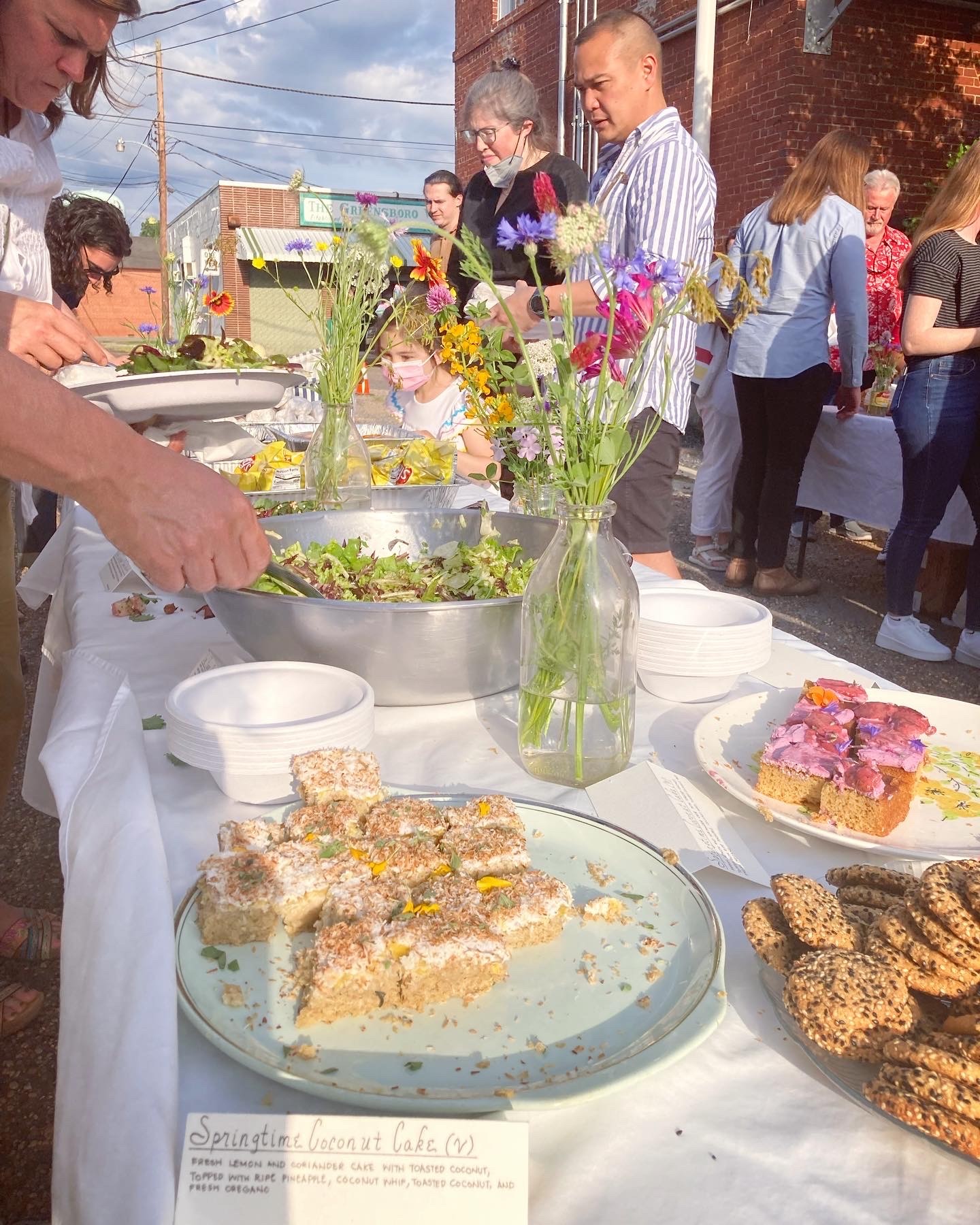
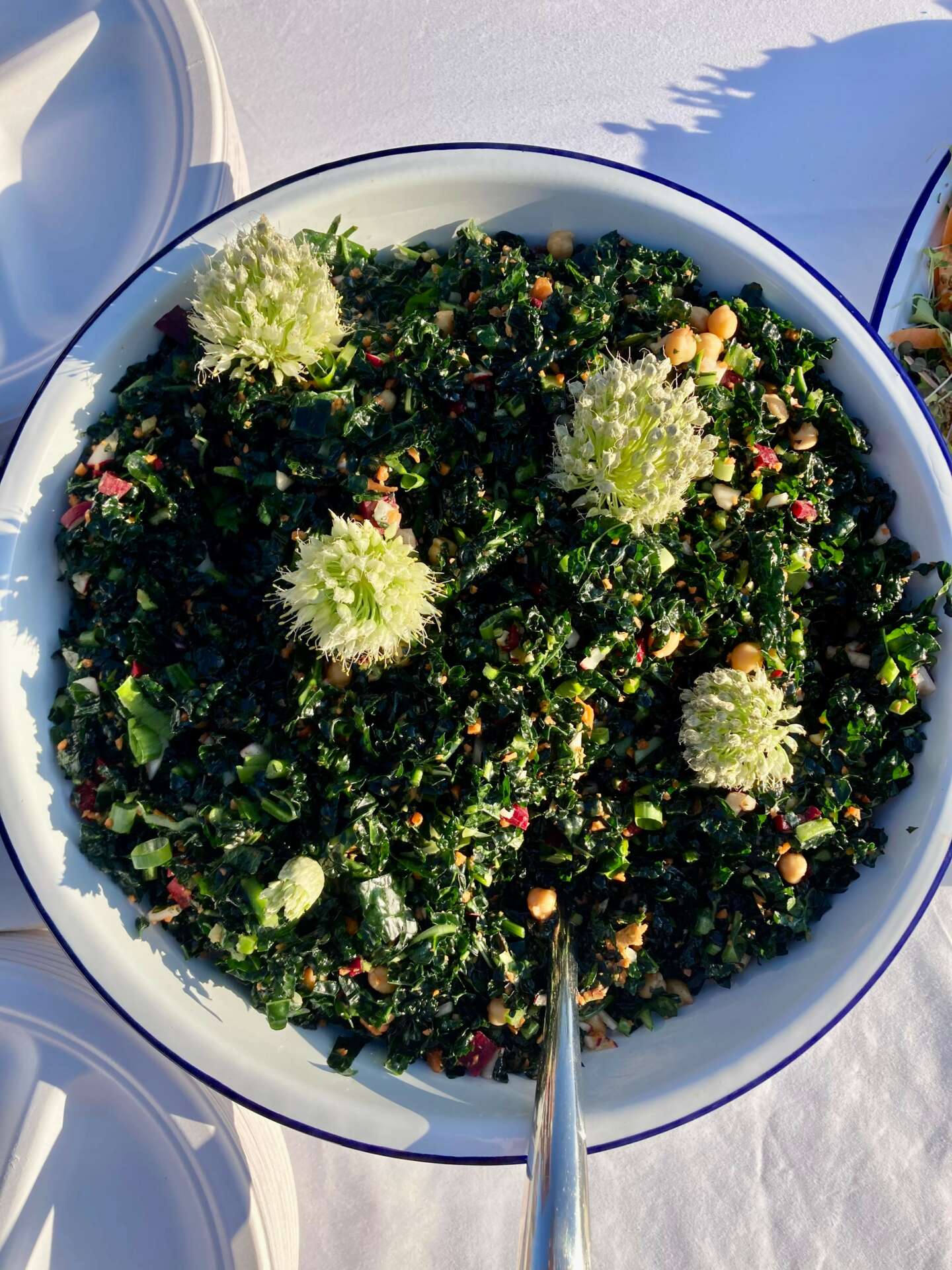
Any stories or insights that might help us understand how you’ve built such a strong reputation?
Allowing myself the freedom to be who I am rather than following the cookie cutter way of building a food business has been key to my growth, I think. I had so many people try to discourage me from starting an Egyptian influenced eatery in rural Alabama, encouraging me to just stick to what is tried an true for the area–bake Southern pies and cakes, make chicken salad and pimento cheese. And while there is nothing wrong with do those things, those items don’t represent me or the things I’m passionate about. It was better for me to try something new than follow the models that exist here.
I’m very much who I am, and my branding, products, and conversations really showcases my personality. My social posts are fun and informative, but they’re also very personal at times as well. I’ve had several people reach out and say how much they enjoy reading my Instagram because it’s like a human is speaking, and not a brand or a business. I think it’s valuable to look to other businesses for inspiration, but as soon as you start to mimic the branding techniques of a successful operation? Then you lose a very key component of your business, which is you, the human behind it.
I may not have the biggest following on social media, but I do have a strong, dedicated and extremely supportive group of people who want to see Abadir’s succeed, and personally I find that way more valuable. That’s not to say that followers don’t matter. We need the clientele if we want to thrive, and social media is a great tool for that. However, I don’t post just to post. My style is my own, from the foods I create to the photos I share. I think people admire that, especially when you’re in a space that values conformity. It’s ok to be yourself.
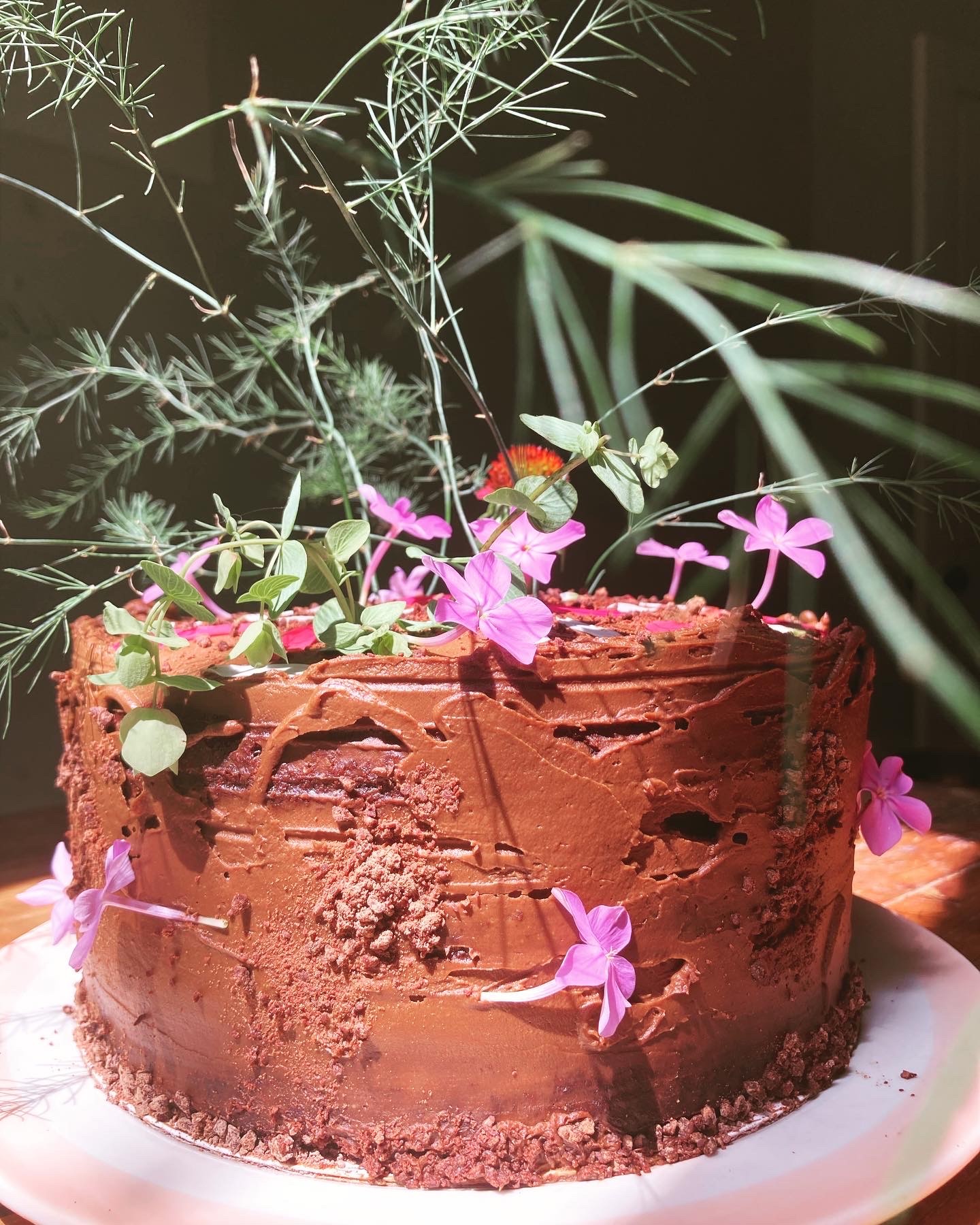
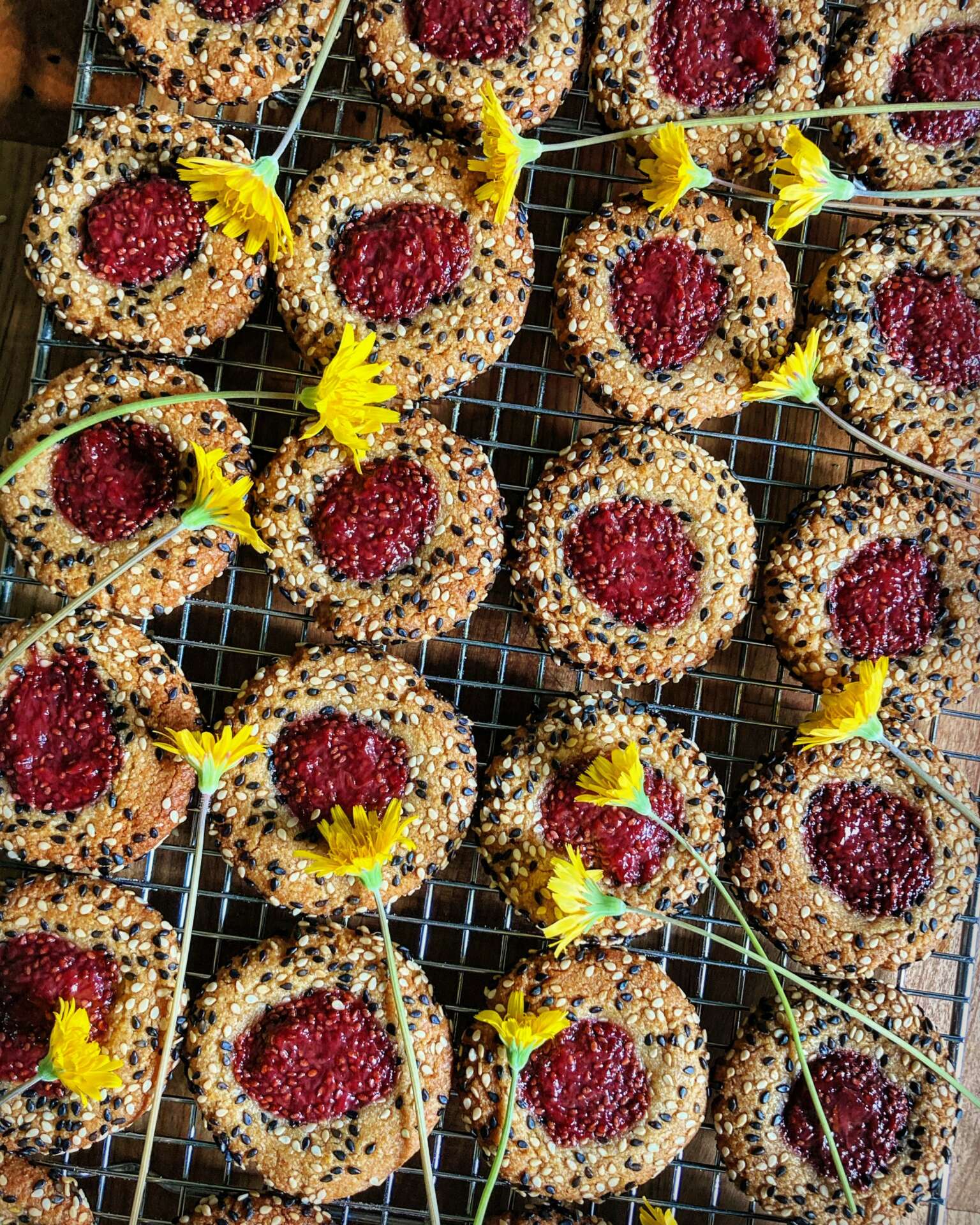
Contact Info:
- Website: www.eatabadirs.com
- Instagram: @eatabadirs
- Facebook: www.facebook.com/eatabadirs
- Other: www.eatabadirs.substack.com
Image Credits
Portrait by Robert Fitzpatrick Food & event photos by Sarah Cole/Abadir’s


